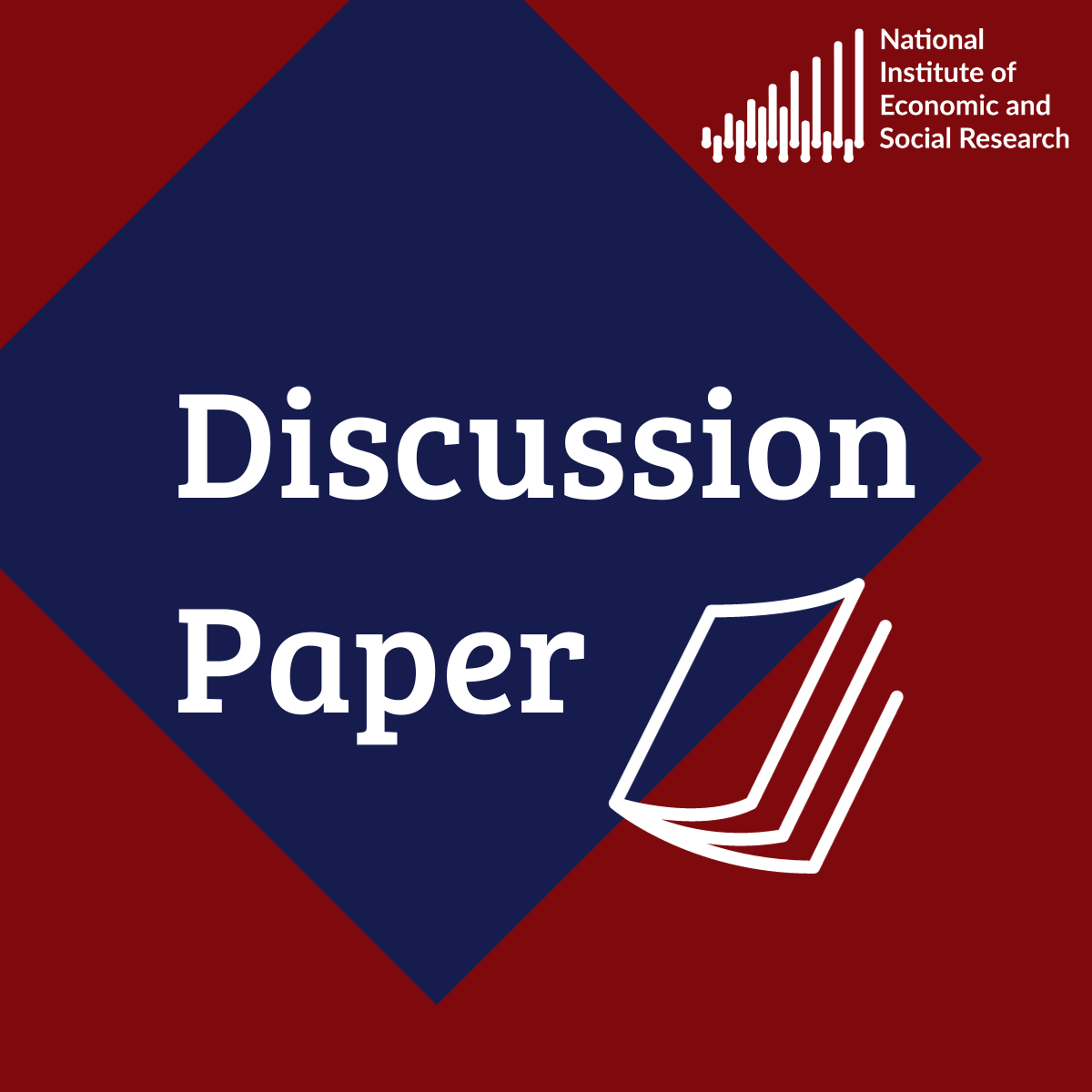- Home
- Publications
- Foreign Investment And Shared Sovereignty
Foreign Investment and Shared Sovereignty
 Pub. Date
Pub. Date
 Pub. Type
Pub. Type

This study investigates how the legal provisions contained in Bilateral Investment Treaties (BITs) affect foreign direct investment inflows in OECD countries. This stands in contrast to the existing literature on two counts: first, we examine separate investor protection provisions contained in BITs; and second we cover OECD economies only. We also take account of the existence of investment clauses in Preferential Trade Agreements. Additional attention is paid to the role of trade in the gravity model, estimated using a Poisson Pseudo Maximum Likelihood estimator. We find that it is the inclusion of Investor State Dispute Settlement (ISDS) provisions contained within BITs that matter most for foreign direct investment flows. In particular, the interaction of restrictive provisions contained in ISDS matters most for investment inflows. Our empirical analysis shows that BITs with ISDS provisions with both binding rules and a wide coverage for claims may increase investment flows by 73%. We believe that this is the first study to show the importance of ISDS provisions for direct investment inflows in advanced economies. However, the inclusion restrictive provisions can be interpreted as ceding sovereign control, making them politically controversial.
Related Blog Posts



Public Debt Sustainability and Fiscal Rules
Stephen Millard
Benjamin Caswell
05 Feb 2024
4 min read

Related Projects
Related News

Call for Papers: Lessons From Quantitative Easing & Quantitative Tightening
09 Feb 2024
1 min read



Related Publications


The Nature of the Inflationary Surprise in Europe and the USA
21 Mar 2024
Discussion Papers

Energy and Climate Policy in a DSGE Model of the United Kingdom
08 Mar 2024
Discussion Papers

Exploring Alternative Data Sources for Household Wealth Statistics
24 Jan 2024
Discussion Papers
Related events

Assessing Cycles and Structural Changes in Markets

Business Conditions Forum

2022 Dow Lecture: The Economy and Policy Trade-Off






